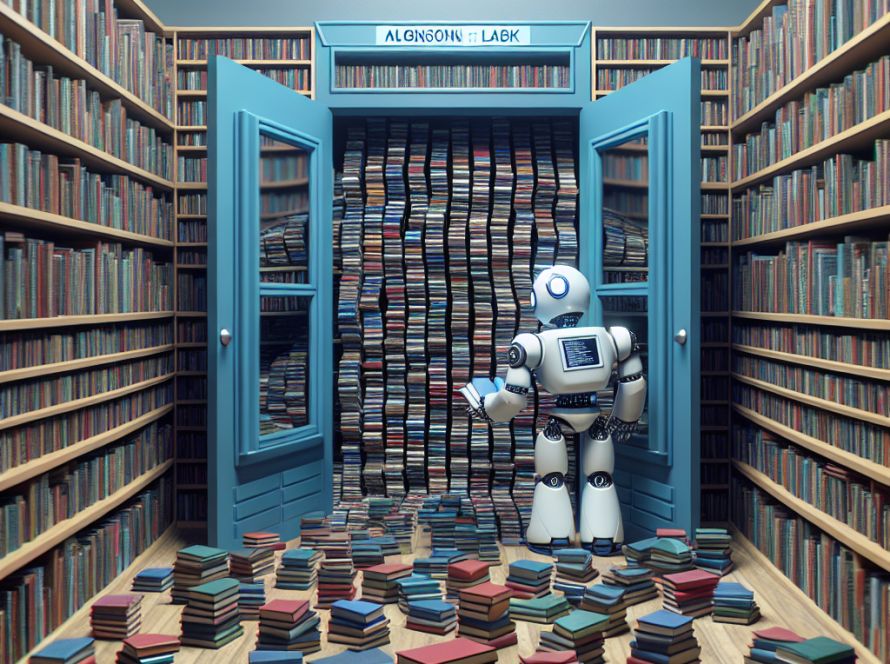Scientists are turning to artificial intelligence (AI) to predict and enhance the taste of beer, according to a study published in Nature Communications. The study, titled “Predicting and improving complex beer flavour through machine learning,” details the usage of machine-learning models trained on data related to the chemical properties of beer, with the aim of improving its taste.
The team, led by Kevin Verstrepen, inspected more than 200 chemical traits of 250 different Belgian beers that spanned 22 different styles. The researchers coupled this with sensory evaluations from a trained tasting panel and data gleaned from over 180,000 consumer reviews found on RateBeer, a beer rating database.
The scientists employed this vast dataset to train ten distinct machine learning models. These models were designed to anticipate which combinations of ingredients would garner the most favorable reactions from consumers. This process diversifies from traditional techniques, which often rely on human trials, often a time-consuming and expensive approach.
From their research, the team discovered specific and often unexpected compounds that were key players in defining the flavor and overall appreciation of beer. The researchers found that including these compounds in commercial beers, both alcoholic and non-alcoholic, led to increased consumer appreciation.
This study demonstrates how machine learning and big data can be harnessed to unearth complex connections between food chemistry, flavor, and consumer perceptions. The findings may hold substantial implications for the broader food and beverage industry, suggesting potential for developing novel, tailored foods with optimized flavors.
In essence, computers, by analyzing the vast amount of data we have about the chemical properties of beers and the preferences of consumers, can predict and improve the taste of beer. This technology holds potential for not just the beer industry, but for any sector dealing with complex flavor combinations and consumer preferences.
The benefits of this research mean that beer lovers can look forward to a better tasting drink, thanks to artificial intelligence. This further shows how AI can be used to enhance our daily lives, moving beyond just automating systems and processes, to enriching our experiences and satisfaction of common pleasures – in this case, the taste of our beer.
Therefore, as we move towards the future, it’s interesting to see how AI can impact and improve even the smallest aspects of our lives, offering a promising look into how AI and technology can continue to evolve and cater to specific user preferences. In conclusion, the marriage of AI and beer-making opens doors to a whole new way of brewing, enabling us to craft drinks tailored to specific tastes and preferences, enhancing overall consumer enjoyment.


